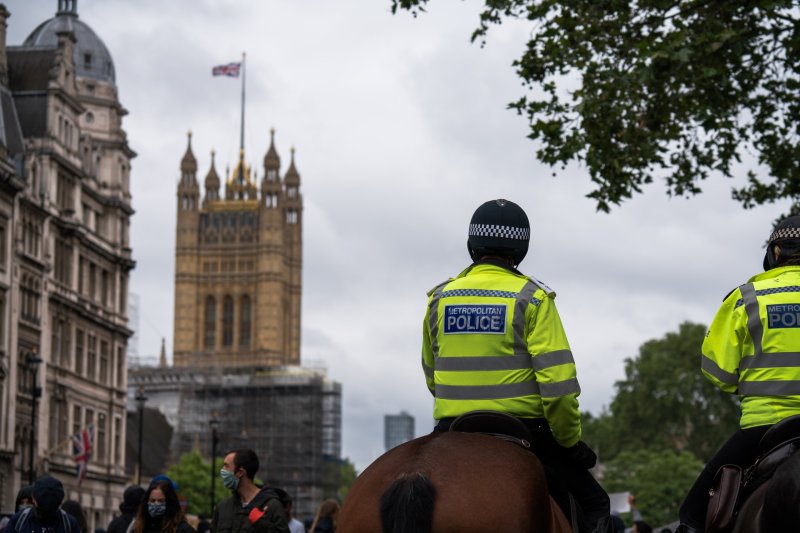What is preventing fair and effective policing?
For policing to be effective, it must have the trust, confidence and support of the public. However, Black, Asian and minority ethnic people report lower levels of trust and confidence in the police. The data also shows that police use their powers disproportionately on Black, Asian and minority ethnic people, which damages trust and can prevent victims and witnesses from reporting crimes and voluntarily engaging with the police, as noted by the College of Policing.
In recent years, there has been much discussion about the role and future of policing. There is growing recognition that community organisations may be better placed to take over some of the responsibilities of the police.
We study the role and future of policing. We carry out research into how police are using their powers and advocate for policing which is evidence-led, fair and proportionate.

Our recent work:
Campaigning for the repeal of section 60
Section 60 is a particularly harmful power which allows police to stop and search individuals without needing to suspect they’ve committed a crime. In May 2021, we submitted a super-complaint warning that section 60 is ineffective and eroding trust and confidence in policing and calling for the government to repeal the power. We also raised concerns that there isn’t enough independent scrutiny of wider stop and search.
Find out moreThe effectiveness of custody visitors in monitoring race and gender equality
Independent custody visitors attend police stations unannounced to monitor the treatment and welfare of people detained in police custody. In our Just visiting? report, we examine the effectiveness of custody visitors in monitoring the treatment and welfare of Black, Asian and minority ethnic people and women in police custody.
Find out moreCommunity scrutiny panels
Our Stop and Scrutinise report found that community scrutiny panels — independent groups made up of members of the public that meet regularly to scrutinise their local police forces — face a range of barriers which limit their effectiveness.
This report led the College of Policing to release new guidance encouraging community scrutiny, and the Mayor of London called for increased use of community scrutiny in an action plan on improving trust and confidence in the Metropolitan Police.
Read the reportThe future of policing
The CJA recently brought together policing experts to discuss the role and future of policing. The experts discussed the need for trauma-informed policing, racial discrimination in police tactics and technologies, and how other public services and community organisations might be better placed to perform some duties currently carried out by the police. Read our blog on the role and future of policing.
No Respect: Young Black, Asian and minority ethnic men’s experiences of stop and search
We spoke to young Black, Asian and minority ethnic men about their experiences of stop and search for our No Respect report. Young people told us that unfair and ineffective use of stop and search has a corrosive and lasting impact on their trust in the police, their willingness to cooperate with the police and, consequently, the police’s ability to carry out investigations and reduce crime.
Read the report